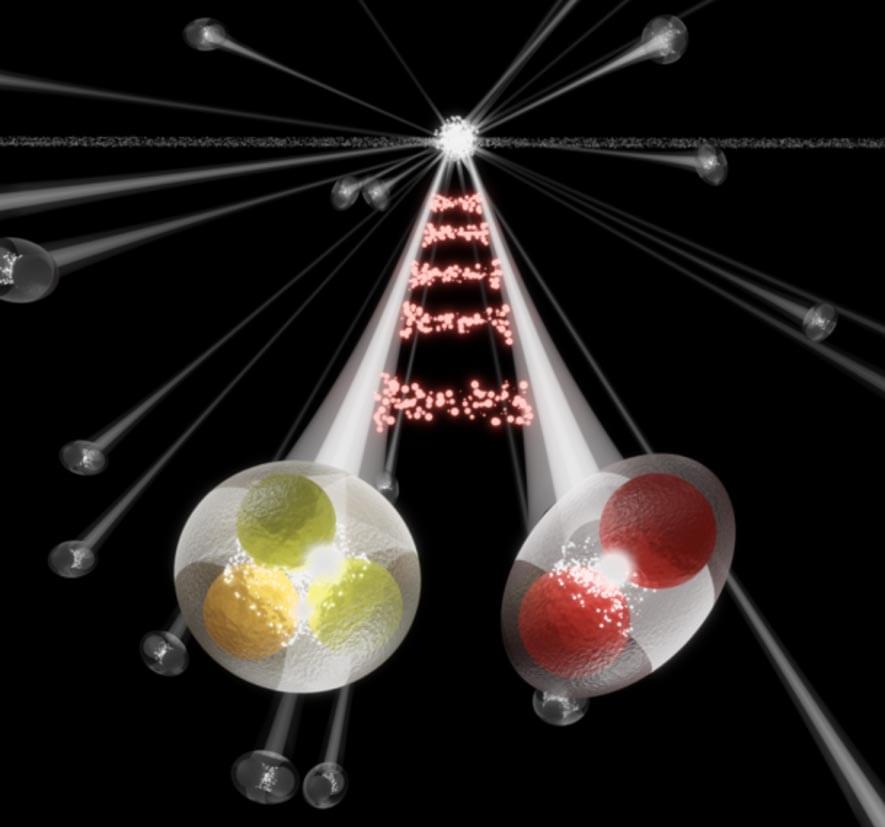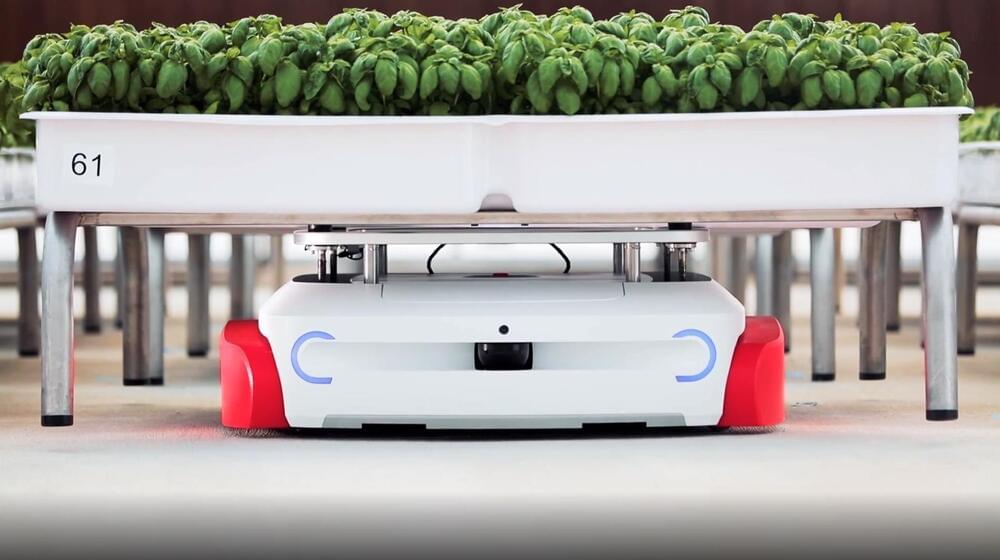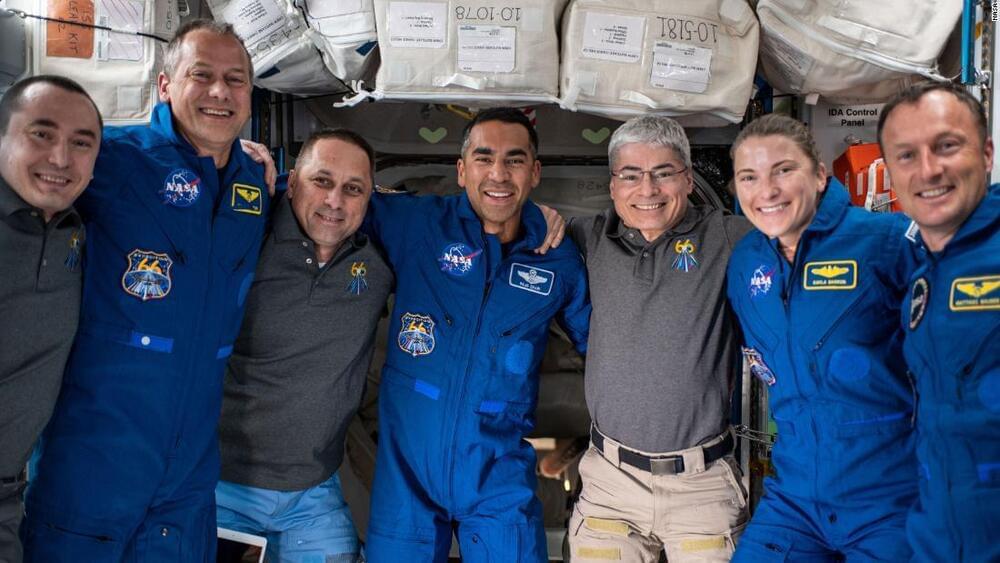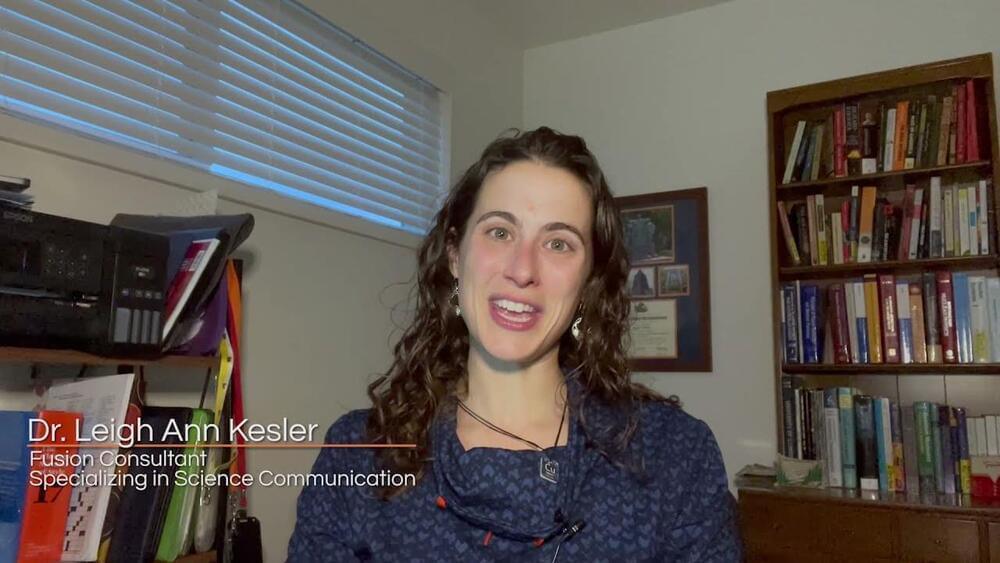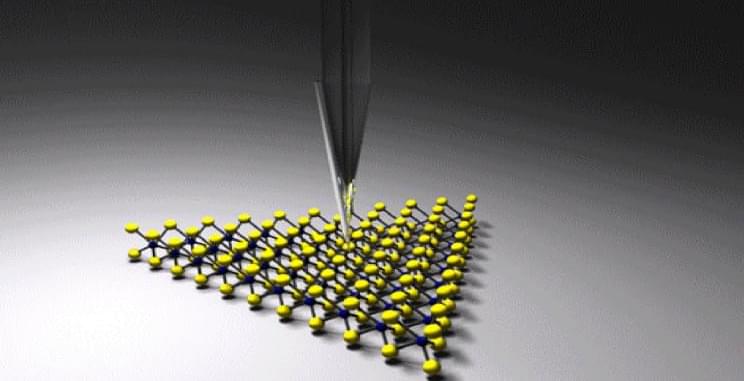Just to show that AI is not about to take over in the near future, due to the high inflation in the US, I decided to shop around and buy a ton of mouthwash from https://bedbathandbeyond.com. (I got BreathRX which I recommend.) They sold me a bunch at half the average price I found on the internet, and I looked forward to getting a big box of it. (Or maybe two or three boxes.)
To my great surprise they decided to send me lots of little packages of 1 to 3 bottles from all over the country. In many cases, they would send me a box big enough to hold 12 bottles, put 1 bottle in it, wrap the bottle for safety, and then add air bubble packaging plus air bag packages. They must have lost a fortune on this order!
Shop online or in-store at Bed Bath & Beyond for the best bedding, bathroom, kitchen, and home décor! Plus, create a wish list with a wedding or gift registry.

